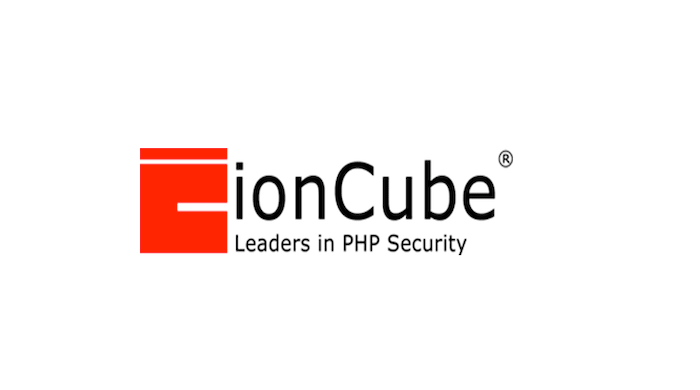
In this tutorial, we will show you how to install IonCube Loader on Debian 10. For those of you who didn’t know, IonCube Loaders is basically an encryption/decryption utility for PHP applications that also assists in speeding up the pages that are served. It is often required for a lot of PHP-based applications.
This article assumes you have at least basic knowledge of Linux, know how to use the shell, and most importantly, you host your site on your own VPS. The installation is quite simple and assumes you are running in the root account, if not you may need to add ‘sudo‘ to the commands to get root privileges. I will show you through the step-by-step installation of the IonCube Loader on a Debian 10 (Buster).
Prerequisites
- A server running one of the following operating systems: Debian 10 (Buster).
- It’s recommended that you use a fresh OS install to prevent any potential issues.
- A
non-root sudo useror access to theroot user. We recommend acting as anon-root sudo user, however, as you can harm your system if you’re not careful when acting as the root.
Install IonCube Loader on Debian 10 Buster
Step 1. Before we install any software, it’s important to make sure your system is up to date by running the following apt commands in the terminal:
sudo apt update sudo apt upgrade
Step 2. Installing IonCube Loader on Debian 10.
Now we download the latest IonCube loaders PHP modules from the official website:
## Linux (32 bits) ## cd /tmp wget https://downloads.ioncube.com/loader_downloads/ioncube_loaders_lin_x86.tar.gz ## Linux (64 bits) ## cd /tmp wget https://downloads.ioncube.com/loader_downloads/ioncube_loaders_lin_x86-64.tar.gz
Once the archive has successfully downloaded, extract it:
tar xvfz ioncube_loaders_lin_x86-64.tar.gz
Next, find the location of the extension directory for the PHP 7.4.8 version, it is where the IonCube Loader file will be installed:
$ php -i | grep extension_dir extension_dir => /usr/lib/php/20151012 => /usr/lib/php/20151012
Next, we need to copy the ionCube Loader for our PHP 7.4.8 version to the extension directory (/usr/lib/php/20151012):
sudo cp /tmp/ioncube/ioncube_loader_lin_7.4.so /usr/lib/php/20151012
After that, we need to locate where PHP is loading extensions, this can be done by running the below command and looking:
php -i | grep php.ini
You will see an output that looks something like the following:
Configuration File (php.ini) Path => /etc/php/7.4/cli Loaded Configuration File => /etc/php/7.4/cli/php.ini
Then, add the below line as the first line in the respective php.ini files:
zend_extension = /usr/lib/php/20151012/ioncube_loader_lin_7.4.so
Now we need to restart the Apache or Nginx web server for the IonCube Loader to come into effect:
sudo systemctl restart apache2 sudo systemctl restart nginx sudo systemctl restart php-fpm
Step 3. Testing IonCube on Debian system.
If you can see the version of PHP with the ionCube loader version, meaning you have successfully installed and configured the IonCube PHP loader in your Debian 10 system.
php -v
Results:
PHP 7.4.8 (cli) (built: Dec 15 2020 12:46:60) ( NTS )
Copyright (c) The PHP Group
Zend Engine v3.4.0, Copyright (c) Zend Technologies
with the ionCube PHP Loader + ionCube24 v10.4.1, Copyright (c) 2002-2020, by ionCube Ltd.
with Zend OPcache v7.4.8, Copyright (c), by Zend Technologies
Congratulations! You have successfully installed IonCube. Thanks for using this tutorial for installing IonCube Loader on Debian 10 Buster. For additional help or useful information, we recommend you check the official IonCube website.